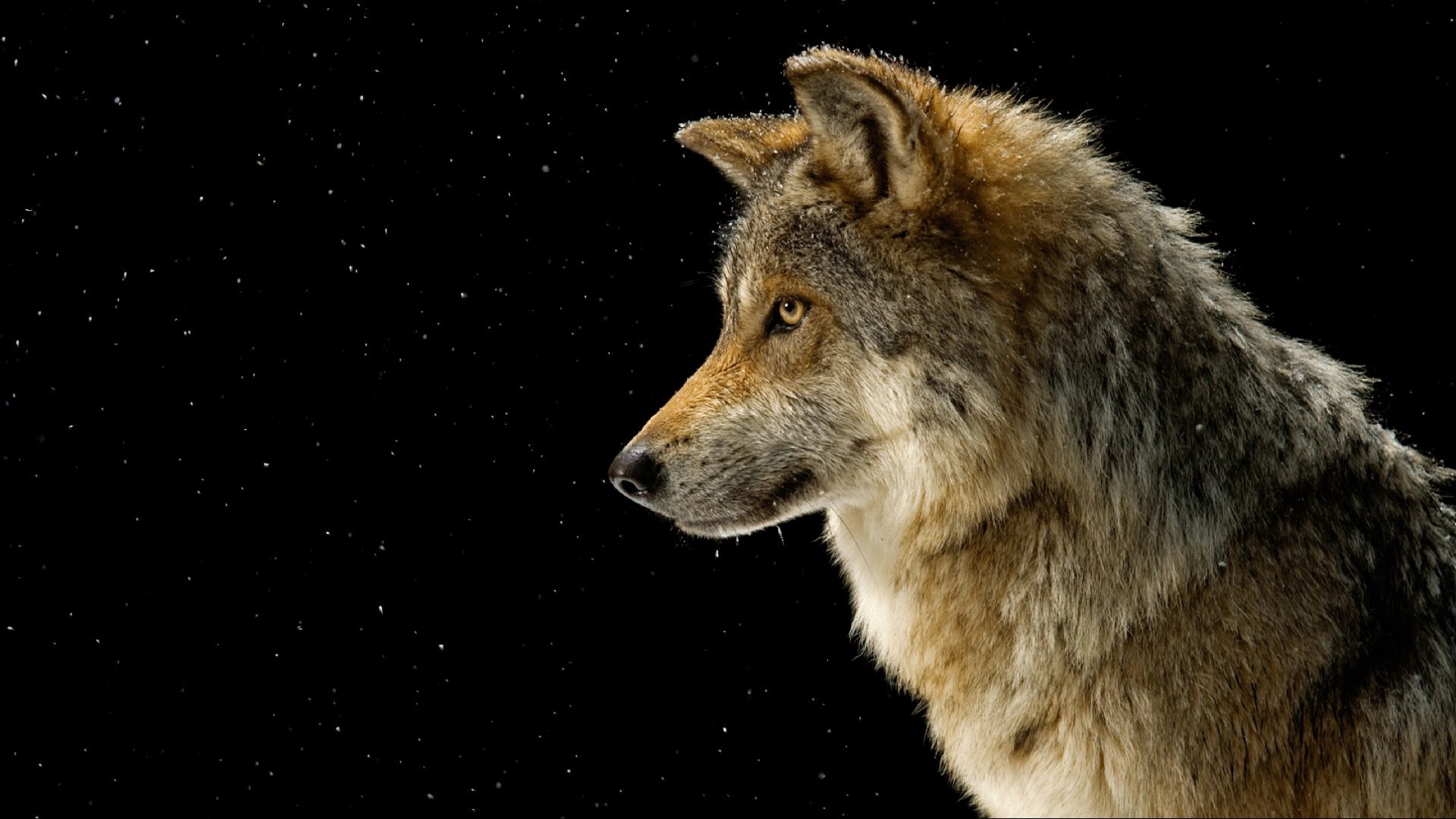Know that awkward feeling at a dinner or drinks party when the conversation stalls? If the party (or work event, as you call it) is in Britain, you have to help yourself. If in Germany, here’s a simple technique to spice things up.
Just say: “I heard there’s been a wolf sighting recently!” It works every time. People split in romantics (“Marvellous! The wolf is back!”) and frantics (“He’ll attack children next!”), and they will soon be at each other’s throats while you innocently sip your wine.
In our Germanic genes is a mythical reverence for the wolf’s warrior spirit, which Goethe’s and Mozart’s parents hoped for when naming their offspring Wolfgang (he who walks with the wolf). This didn’t stop us from killing off wolves by the mid-19th century.
The next 150 years were wolf-free. Then the Iron Curtain fell, and wolves migrated from the East. Today, we have around 160 wolf packs with five to ten family members each, some couples and a few lone wolves. The annual increase is around 30 per cent.
Wolves are resourceful. All they need to survive is not to be run over by a car. Or shot by a hunter. The huntsmen I know all vividly argue for the absolute necessity to shoot wolves, which isn’t legal (yet). I have a hunch they just want to eliminate the competition. Wolves have no natural enemies, but a lot of friends.
Nabu, the German Nature Association is at the forefront of the wolves welcome movement. It sells picture postcards (‘Wolf and birch tree’, ‘Wolf on clearing’, ‘Wolf in the autumn sun’). And you can sponsor a wolf for only £6.50 – the money will be spent on information campaigns.
I took a closer look at this information, and… well, turns out not all animals are equal in Nabu’s eyes. In the FAQs, the question “Is native prey threatened with extinction in territory occupied by wolves?” is answered with a clear “nein” (wolves won’t devour the forest’s fauna all at once).
The next question makes you realise why Nabu used “native” in the previous question. “Will the Mouflon sheep be wiped out by the wolf?” Answer: “Mouflon sheep don’t belong to the native wildlife in Germany.”
In other words, the beautiful horned sheep may well be exterminated because they hail from rocky Sardinia, have been brought to damp Germany only to be hunted, can’t flee fast enough and, actually, have no right to exist. Bloody immigrants. There are no Mouflon postcards on the Nabu website…
The wolf also has prominent judicial support, from local judges to the European Court of Justice in Luxembourg. Only if a wolf shows behavioural disorders (“Problemwolf”) may he be “extracted”, i.e. killed. Chasing prey doesn’t count as disorderly behaviour, so wolves don’t lose sleep over the feelings of sheep.
The shepherds, however, do. Yes, they receive compensation for a lost herd member if the culprit is genetically proven guilty – often it’s dogs, not wolves. But how to compensate for the sight of a dozen or so slaughtered lambs on your mountain pasture?
To prevent this, and to qualify for insurance, sheep farmers upgrade their fences and use dogs again. But the wolves have upped their game as
well. A recent example: Problemwölfin GW954f, nicknamed Gloria. She lives near the Dutch border and used to dine on deer, boar and around 18 sheep per year. In 2019 a court ruled that this wasn’t enough bloodshed to sentence Gloria to death. But now she has been convicted of killing ponies.
Angry shepherds (plus around 4,000 slaughtered livestock in Germany per year) are one thing. But little girls, in tears because they will never sit on their pony’s back again – that’s a completely different story. I don’t see a happy end for Gloria.
Her extended family will survive, though. In Saxony and Brandenburg, where wolves have now lived for 20 years, people are growing used to them. Stories about scared villagers mostly come from areas where wolves are only a recent addition.
Fans of urban wildlife say that in the last 40 years in Europe there hasn’t been a wolf attack on humans. Yet this argument is rebuffed by rural people. One of them recently told me: “How about putting a couple of crocodiles into the Wannsee lakes in Berlin? Statistically the chance of an attack is very low, but you may finally feel the threat that we feel.”
By the way: A wolf pack needs a huge territory, so the risk of overpopulation is low. Single wolves will leave and run long distances to find a new habitat.
They cover about 50 km (31 miles) a day. That’s precisely the length of the
Channel tunnel…




